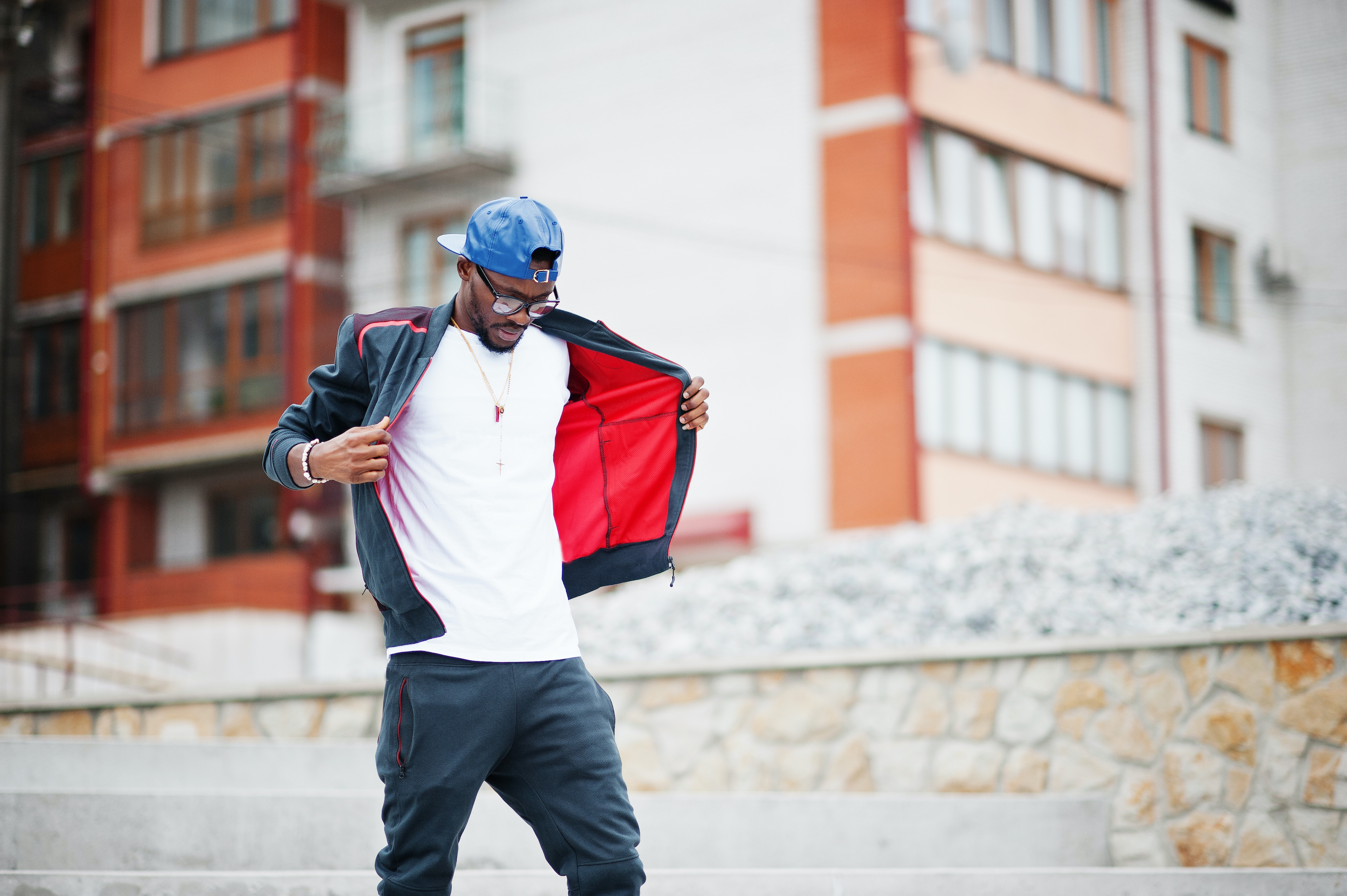There’s a long tradition of thinking about the everyday. The person I think most of is Karl Marx in the 19th century. Marx is famously a radical thinker of revolution and the redistribution of wealth, but he is also what we call a materialist thinker. He brings about the materialist turn in philosophy. He finds the very abstract thinking of philosophy, the theoretical apprehensions of philosophy, too detached from reality. Marx’s account of the redistribution of wealth and the inequality of people’s existence is based on a material analysis of their everyday lives and, often, their working conditions.
When he writes his great work Capital, in 1867, he mentions Mary Anne Walkley, a 20-year-old seamstress, who died of overwork. She had worked 17 to 20 hours a day without respite. She became this enormous story in mid-19th century England. I’m fascinated that Marx, one of our most important philosophers, would care about a garment worker. That’s one of the things I’m trying to do, too: to think about how we can care about the people who make our clothes and the conditions in which they make them. One of the ways we can do that is by learning to care about our clothes and giving them the dignity that philosophy often allows, giving them profundity, understanding their place in our world and what they mean to us, because once we can care about our clothes, we might care about the people who make them, too. It’s worth thinking philosophically about dress.


